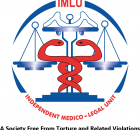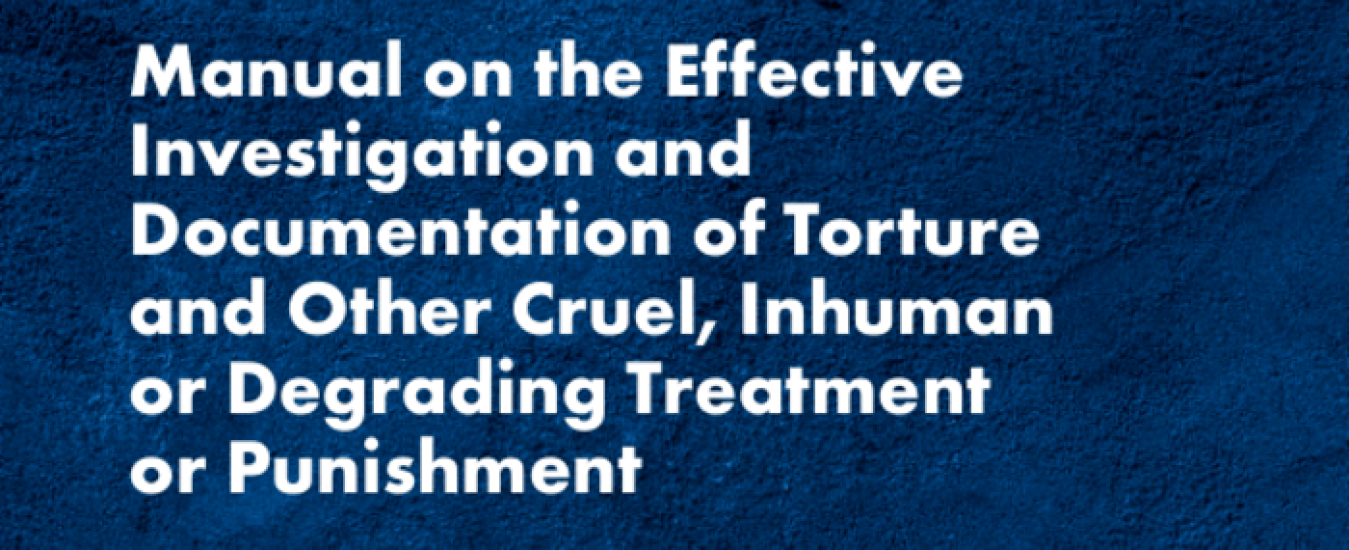By William Omondi
“The Manual on Effective Investigation and Documentation of Torture and Other Cruel, Inhuman or Degrading Treatment or Punishment” is popularly known as the Istanbul Protocol or the IP. It is a UN document that contains frameworks on international legal standards that provide precise procedures for documenting and conducting effective legal, medical and psychological investigations on allegations of Torture, Cruel, Inhuman and Degrading Treatment (TCIDT) of people. The document was developed in 1999 by a team of 75 forensic physicians, psychologists, human rights monitors and lawyers from diverse organizations and institutions from across the globe. The whole exercise was conducted under the leadership of Dr Vincent Iacopino who was the medical director of Physicians for Human Rights (PHR). It was endorsed by the Office of the United Nations High Commissioner for Human Rights (OHCHR).
Subsequently, state and non-state clinicians and institutions from across the globe utilize the manual to examine signs of physical and psychological TCIDT. Their assessments and conclusion generate medico-legal affidavits that are used as evidence to prosecute perpetrators of CIDT in courts of law. Survivors and victims of torture are subsequently accorded justice by requisite institutions.
The IP was updated in 2022 under the leadership of Physicians for Human Rights, the International Rehabilitation Council for Torture Victims, the Human Rights Foundation of Turkey, REDRESS; and the UN entities that included the Committee against Torture, the Subcommittee on Prevention of Torture, Special Rapporteur on Torture, and the United Nations Voluntary Fund for Victims of Torture. The action sought to improve its contents based on lessons learnt during the implementation of the older version. The current document provides a framework through which states can fulfil their mandates in investigating, prosecuting and punishing perpetrators of torture in accordance with the UN Convention against Torture (UNCAT) and international law.
As an organization, IMLU has trained its network of clinicians on utilizing the IP in documenting the psychological and medical components of TCIDT cases. Documented cases are subsequently used in court as expert evidence against perpetrators of TCIDT. IMLU clinicians are equally empowered to testify in court as expert witnesses based on their documentation of cases using the IP. They can articulate the psychological and physical aspects of TCIDT on behalf of victims and survivors based on a tool that meets international standards.

